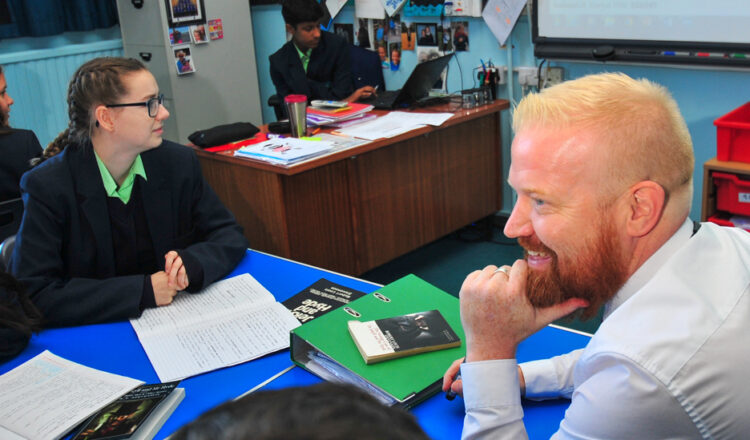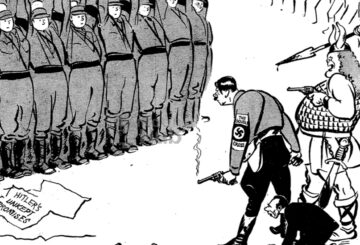Drawing together evidence from inspections and a series of research visits, Ofsted have published a report into common strengths and weaknesses in history education. You can find the report on the Ofsted website. Here are some of the key findings:
Schools history in a stronger position
In our previous report 12 years ago, we were concerned that history was becoming increasingly sidelined in schools.
In most schools, there is now a stronger focus on history as a discrete subject, and enough time for pupils to study the past in rich detail.
A broad and ambitious curriculum in most schools
There has been great work in schools to think about the curriculum and what pupils will study across their time in school.
Most schools have developed a broad and ambitious curriculum which ensures pupils learn about a range of place, societies, periods, timescales, people, groups and experiences.
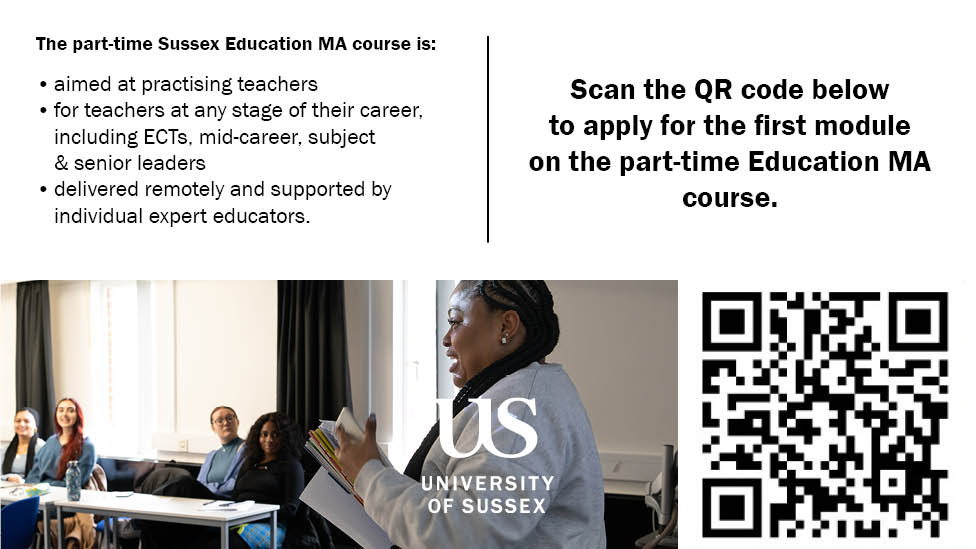
A greater focus on building knowledge
History teachers have always recognised the importance of pupils knowing a lot about the past. This is what makes studying history exciting and accessible for all.
Most schools have placed a renewed focus on what pupils will learn across lessons, topics and years. In the best schools, pupils have really rich and connected knowledge about the past, they understand the periods and places they have studied in all their complexity and they have a sense of big stories from across the past.
It isn’t all about plans
However, detailed curriculum plans don’t guarantee a great history education for all.
In some schools, despite detailed planning, pupils do not develop the same richness and security in their knowledge over time.
Often, this was for one of two different reasons, but which both had the same end result, pupils lacked the secure historical understanding they needed to make sense of what they were learning.
One gap which can lead to limited understanding – lots of facts but not enough deeper understanding
In some schools, there is a focus on pupils knowing lots of facts, but less thinking about how to develop a rich understanding of the periods they were studying, or how historians study the past.
The best schools do this by really emphasising and securing knowledge that has a strong purpose, perhaps to help pupils give authentic and meaningful answers to a historical question, to give them secure understanding of the time and place so they can make sense of the particular story they will go on to study or to equip them with conceptual knowledge which will help them more quickly grasp something complex in a later topic.
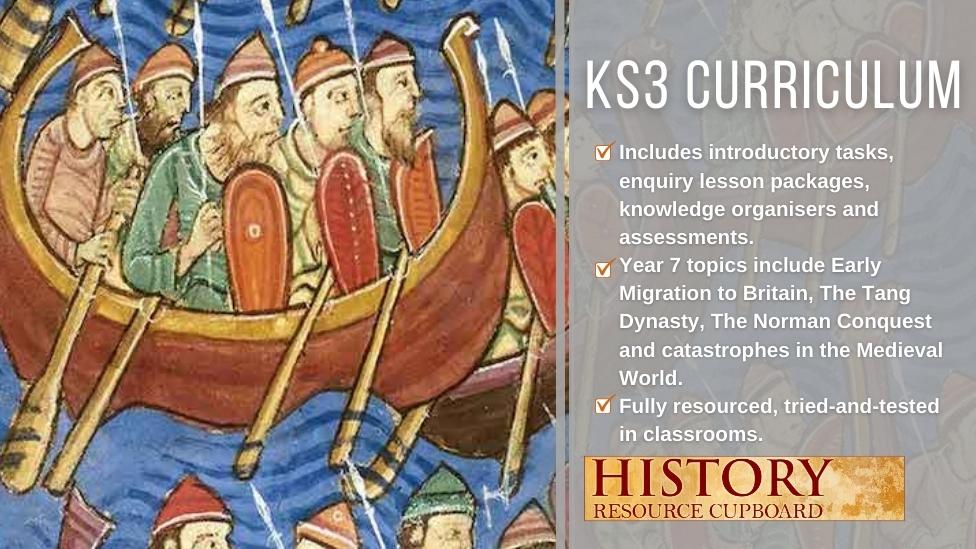
Another gap which can lead to limited understanding – not enough attention paid to securing pupils’ knowledge
Or, on the other hand, in some schools there is not enough focus on knowledge. In these schools, teaching and curriculum planning is still too influenced by the old National Curriculum levels and teachers are focused too much on broad skills.
This often means they rush pupils to demonstrate historical thinking without empowering them with the knowledge about the topic to be able to really enjoy and be successful in crafting rich historical answers and arguments.
This also happens commonly in schools where there is too much focus from early in Key Stage 3 on narrow preparation for GCSE-style questions.
Pupils and historians – more to be done
Despite the long history of teachers thinking about how to develop pupils’ understanding of the work of historians, our research found that pupils in most schools have worrying misconceptions about what historians do.
In too many schools, pupils see history as a form of guesswork or have a general distrust of historians (who they think are liable to largely “make up” accounts based on limited evidence) and of sources (which they are quick to dismiss as biased or unreliable).
Ironically, we found that history teachers have excellent subject knowledge and understand the complex and rich way that historians engage with the past.
Unfortunately, a focus on skills (things which allow pupils to seem, on the surface, to be “thinking like historians”) without the explicit teaching about how historians have approach real historical problems, means that this expertise is rarely shared with pupils.
In some schools, pupils do study the work of historians or learn about why historians disagree about a particular historical issue, but this is normally limited to a few examples of public controversy (such as the legacy of the British Empire) but doesn’t teach pupils about wider examples of historical controversy which are important to historians working within their specialist fields, even if they don’t gain media attention.
In the best schools, pupils are regularly taught about the particular ways in which historians have studied specific aspects of the past.
Over time, pupils build a broader, deeper and more complex understanding of the rich diversity of historical study.
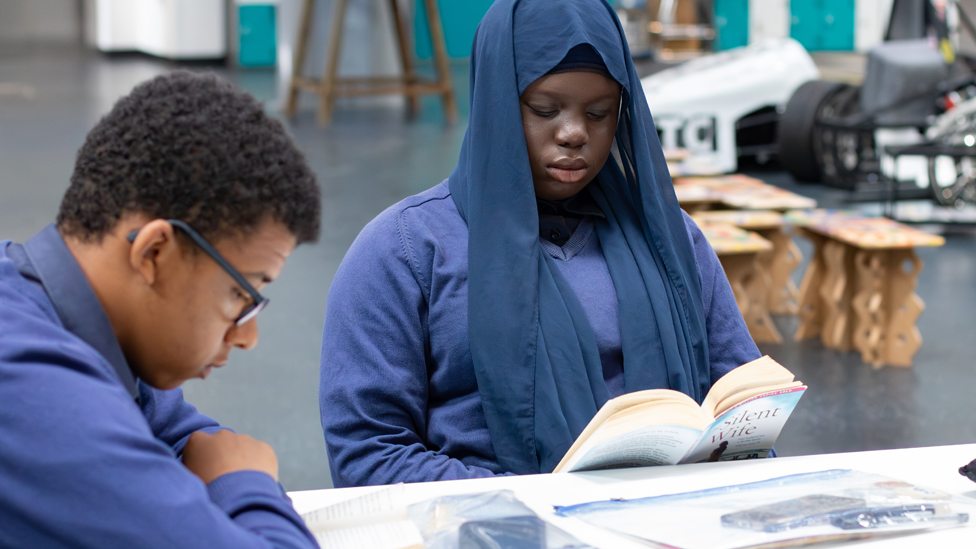
What are the typical features of schools where pupils develop rich and connected historical knowledge?
Our report identifies some common features in schools where all pupils benefit from a rich history education. These are:
Curriculum planning makes reasonable attempts to identify the most important content and concepts which pupils need to be secure in to make sense of more complex material in future.
BUT beyond these plans, teachers have a clear understanding, supported by their subject knowledge, of what to emphasise in lessons and topics, they make effective micro-curricular decisions in lessons to make sure all pupils come away with this knowledge.
Teaching embeds this knowledge in rich and meaningful stories and narratives, balancing richness with a deliberateness about what pupils need to takeaway from lessons and topics.
Teachers check pupils’ understanding at appropriate moments to ensure that everyone has the knowledge they need to make sense of what they are about to learn.
Teachers weave real examples of how historians have studied the past and constructed accounts, and how and why they have disagreed, into pupils’ learning about particular topics.
This disciplinary knowledge isn’t reduced to tips and tricks, exam skills or generic ideas about “thinking like a historian” – instead pupils really wrestle with how historians have reconstructed, for example, the kind of education available to some women in medieval England.
There is much to celebrate in the report, and it was a privilege to see high-quality history education in action.
When history is well-taught, with rich stories illuminating the past for all pupils as they weave their way through a meaningful curriculum journey, pupils are fascinated by the past and by how it is studied. This fascination, and the rich historical knowledge which supports it, is what every pupil deserves.
We hope our report can help schools to reflect further on their own strengths, as well as areas where they could continue to improve, so that all pupils can enjoy rich encounters with the past throughout their time in school and beyond.

Tim Jenner is HMI and Ofsted’s Subject Lead for History. Tim has also led history departments in London, Cambridgeshire and West Yorkshire. He regularly writes and presents on history teaching.


